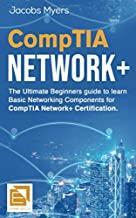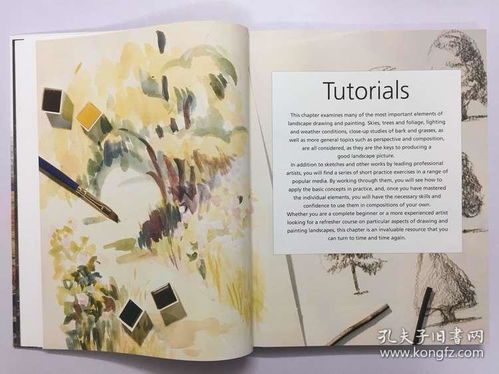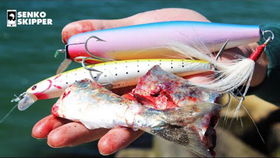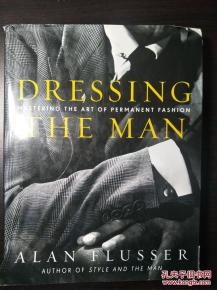Embarking on the delightful pursuit of fly fishing is not just about mastering the technique of casting and reeling in your catch; it's also about immersing yourself in the unique culture and language of the sport. One aspect that often goes overlooked is the importance of having a distinct and clear accent when communicating with fellow anglers or sharing your experiences. In this article, we'll delve into some top fishing techniques, provide a comprehensive guide to practicing your local accent, and offer a video tutorial to help you refine both your fishing skills and your accent.
The Basics of Fly Fishing Techniques
Before we dive into the nuances of accent, let's ensure you're well-versed in the fundamentals of fly fishing. Here are some essential techniques to get you started:
Choosing the Right Gear: Selecting the appropriate rod, reel, line, and flies is crucial. Your gear should match the type of fish you're targeting and the conditions of the water.
Casting: Mastering the cast is key. There are various casting techniques, such as the overhead cast, roll cast, and the spey cast, each suited for different scenarios.
Tying Knots: You'll need to tie various knots to connect your fly to the leader and tippet. Common knots include the clinch knot, improved clinch knot, and the surgeon's knot.
Reading the Water: Understanding water flow, depth, and structure is vital for successful fishing. Observe how the water moves and identify likely holding spots for fish.
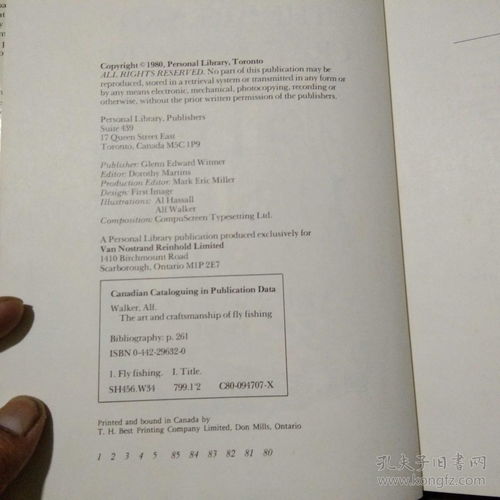
Presenting the Fly: The way you present your fly to the fish can make or break your chances. This involves matching the hatch (imitating the insects the fish are feeding on) and presenting the fly in a natural and lifelike manner.
Setting the Hook: Once a fish takes the fly, it's important to set the hook quickly and gently to avoid spooking the fish.
Landing the Fish: Properly landing a fish is essential for its survival. Use a net or the rod to gently guide the fish into a secure position.
Improving Your Local Accent
Now that you have a grasp on the basics of fly fishing, let's turn our attention to improving your local accent. Whether you're a beginner or have been fishing for years, a clear and distinct accent can enhance your experience and communication with others.
Identify Your Accent: The first step is to recognize the unique sounds and patterns of your local accent. Listen to native speakers and compare your pronunciation.
Practice Regularly: Just like fishing, improving your accent requires consistent practice. Dedicate time each day to work on specific sounds or phrases.
Use a Video Guide: One of the most effective ways to practice is by watching a video guide. These guides can provide step-by-step instructions and examples of correct pronunciation.
Record Yourself: Record your voice while practicing and compare it to the video guide. This can help you identify areas for improvement.
Seek Feedback: Share your recordings with friends or join a language exchange group to get constructive feedback on your accent.
Embrace the Learning Process: Be patient with yourself. Learning a new accent is a gradual process, and it's okay to make mistakes along the way.
Video Tutorial: A Comprehensive Guide to Improving Your Accent
To further assist you in your journey to mastering both fly fishing techniques and your local accent, we've compiled a comprehensive video tutorial. This video will cover:
- A detailed guide to fly fishing techniques, from selecting the right gear to landing the fish.
- Step-by-step instructions on how to practice your accent, including exercises to improve specific sounds and phrases.
- Examples of common fishing terms and how to pronounce them with a local accent.
- Tips on how to communicate effectively with fellow anglers.
By following the advice in this article and utilizing the video tutorial, you'll be well on your way to becoming a proficient fly fisherman with a charming and clear local accent. Happy fishing and good luck with your accent practice!
